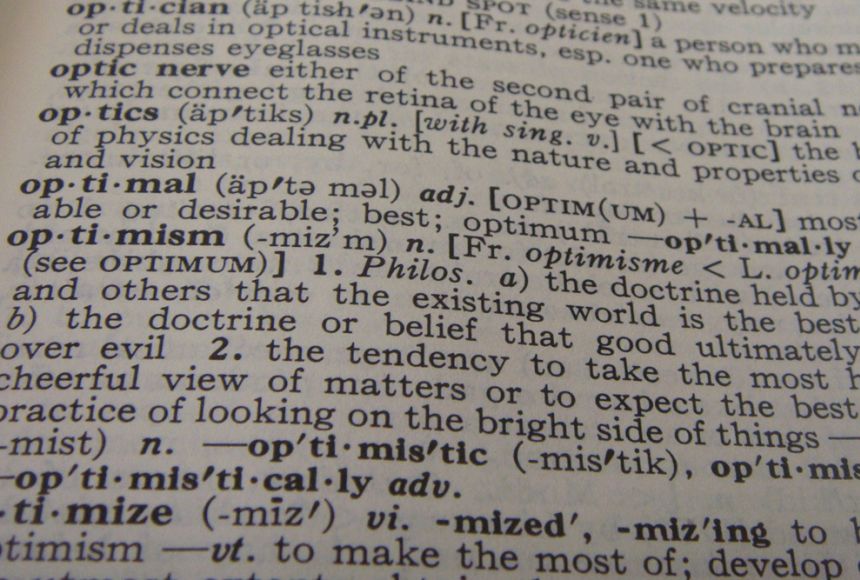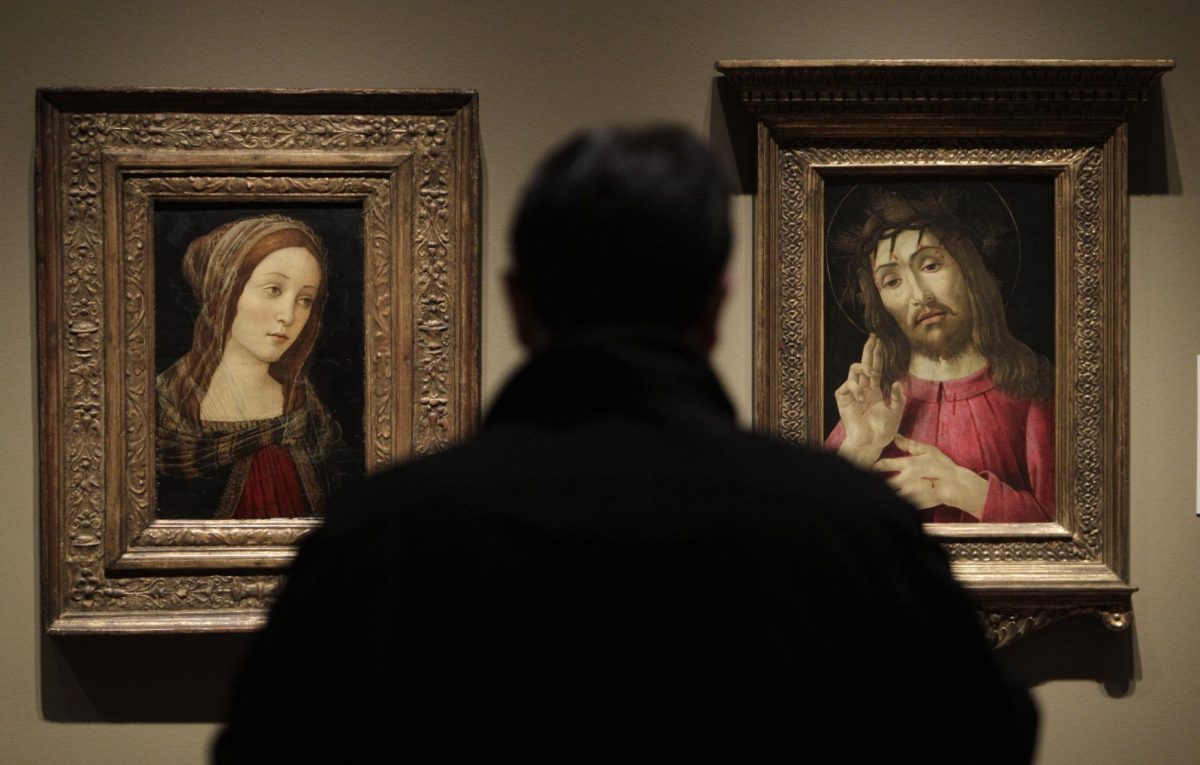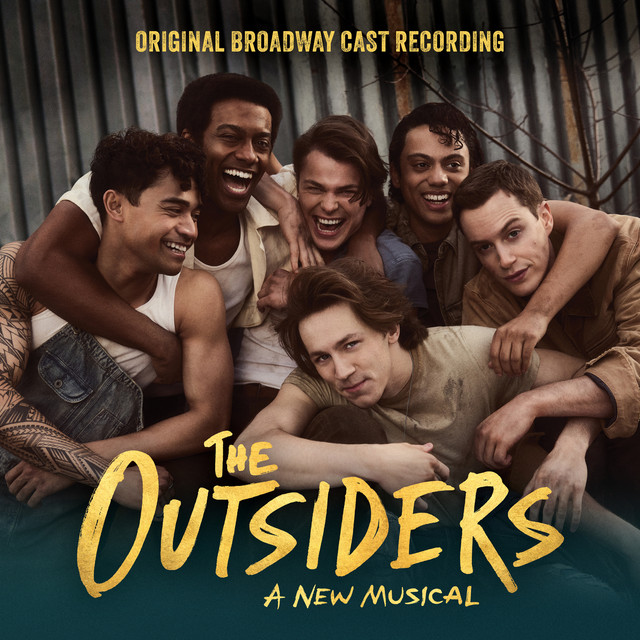Dear theater directors: Stop trying to make Shakespeare “cool.” He already gave us violence, sex, political intrigue, and endless dirty jokes. What more could you want?
Over the summer, I watched Shakespeare’s Globe’s production of Taming of the Shrew. In the show, actors are periodically birthed through an ambiguously shaped life-sized stuffed animal. A normally clothed woman sits silently in the corner of all scenes. At some point in the show, she shoots one of the actors. All of the men don freaky puppet faces. Sometimes, characters would get banished to a frilly crib placed downstage. Maybe I didn’t get “the genius,” but I found it hard to follow.
In short, the Globe’s production was genuinely a fever dream: I was sweaty, bewildered, and desperately wanted to wake up.
But, not all modern Shakespearean productions make me want to flee the theater. Take the Royal Shakespeare Company’s The Merry Wives of Windsor, the hilarious show I saw that same summer. They planted it in modern suburbia, where the Merry Wives strutted around like the Real Housewives, trading gossip over backyard grills in their spotless tennis shoes. Shakespeare’s supposed “worst play” was turned into a gut-busting success with witty characters, and even wittier set design.
So, what makes a Shakespearean adaptation succeed? Why did The Merry Wives suddenly work when paired with upper-middle-class soccer moms?
Mainly, it comes when parallels aren’t forced and shed light on the original themes. Forced parallels are a perfect recipe for backfire, leading to a fair share of plot holes, loss of historical context, and plenty of winces from audience members. “Cool concepts” shouldn’t be prioritized over storytelling, but unfortunately, it happens. All the color and fluff – yes, even those creepy teddy bears – distract from the work’s messages. No matter how you dress it, Taming of the Shrew will always be sexist. More often than not, cryptic symbolism confuses the characters and muddles the meaning.
We don’t need a “relatable” reimagination. Shakespeare is already relatable. It’s that thing that makes us cry or laugh or seethe: the universality of human emotion. The ability to empathize with a character’s circumstances. This is what we go to the theater for.
Yes, directors have to compete with modern attention spans. But the anxiety of creating a “boring” show has them reaching for innovation at any cost. What we end up with are misguided, half-baked ideas – especially about the youth. And, ironically, those reinventions lose our attention even quicker.
In short, Shakespeare’s timeless themes don’t need gimmicks to resonate. So please, refrain from a TikTok-dancing Mercutio. Shakespeare is tired from rolling in his grave.











